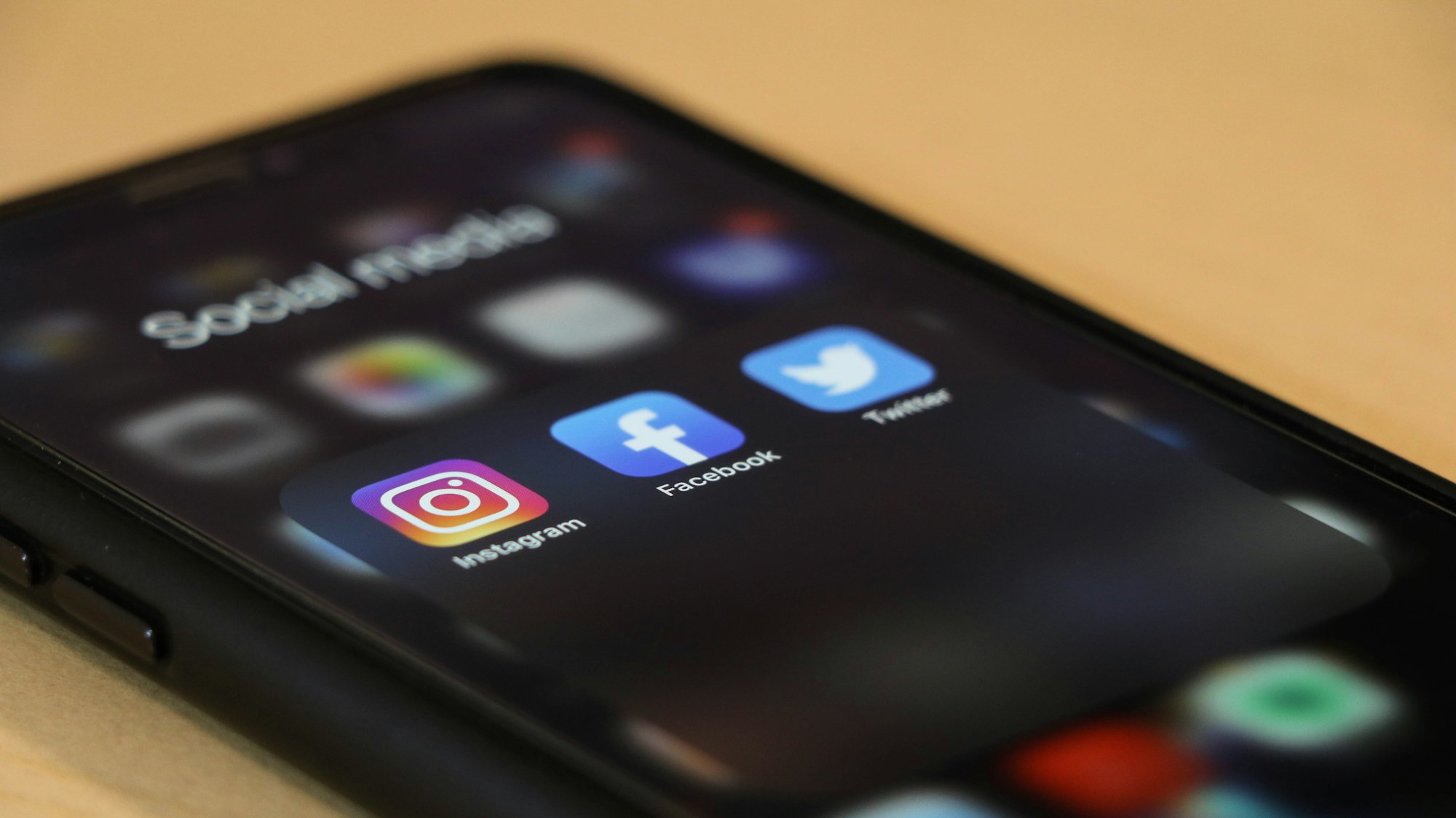Report: Facebook, Twitter Disrupt Pro-US Influence Operation
According to a new report from the Stanford Internet Observatory and the research company Graphika, Facebook, Instagram, WhatsApp and Twitter have removed an influence operation from their networks that allegedly promoted US foreign policy interests abroad.

Facts
- According to a new report from the Stanford Internet Observatory and the research company Graphika, Facebook, Instagram, WhatsApp and Twitter have removed an influence operation from their networks that allegedly promoted US foreign policy interests abroad.
- The social platforms reportedly took down a network of fake accounts pushing pro-Western narratives in Central Asia and the Middle East, often criticizing countries like China, Russia, and Iran.
- The tactics outlined in the report resemble similar strategies that US officials have accused Russia and China of using to sow division and discord at home.
- The researchers said the influence program has been in operation since 2017, but they couldn't determine the culprit behind the campaigns. Facebook determined that the account activity originated in the US, and the Twitter activity originated in the US and the UK.
- The accounts reportedly shared news articles from US government-funded media outlets, such as Voice of America and Radio Free Europe. They also linked to websites sponsored by the US military to criticize the Russian invasion of Ukraine.
- The researchers noted that none of the campaigns reached a large audience, and most of the posts only received a handful of likes or retweets. Only 19% of the fake accounts that were identified had over 1K followers.
Sources: New York Times, Business Insider, Al Jazeera, NBC, and Washington Post.
Narratives
- Establishment-critical narrative, as provided by Protocol. Most people still believe the US is the target of social media influence ops when in fact it is one of the most frequent global offenders. Facebook ranks the US as number four on its lists behind Russia, Iran, and Myanmar and just ahead of Ukraine. Today, influence operators are much more sophisticated than just a few years ago and offer their services to state and private clients who want deniability if caught.
- Pro-establishment narrative, as provided by Washington Post. The real problem here is that the tech giants have failed to keep up with removing thousands of tweets, YouTube videos, and other social media posts that serve as Russian propaganda or spew anti-Ukrainian hate speech. In the wake of the war, social media apps banned Russian state media accounts, restricted ads, and bolstered fact-checking, but even this hasn't been enough.
- Narrative C, as provided by Cigi Online. The Russian invasion of Ukraine is the first full-blown social media war, where the social media audience is caught in the crossfire. They must decide who to believe, making them an easy target for social media influence campaigns. Living in a disinformation age or a post-truth world, it's important that we learn how to detect deception.






